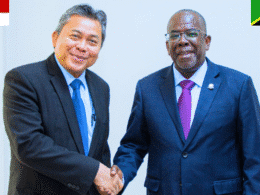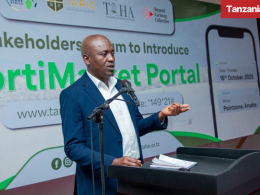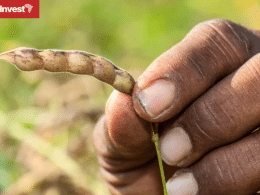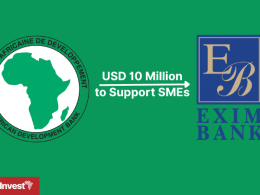The Monthly Marketing Bulletin of April 2021 by the Ministry of Agriculture of Tanzania indicates that the prices for fertilizers have been increasing since mid-2020 mainly due to strong demand.
The prices for Di-ammonium Phosphate popularly (DAP) increased by +1.7% while the price for Urea decreased by -7% between March and April 2021.
Both Di-ammonium Phosphate popularly (DAP) and Urea fertilizer showed a similar increase in price trends over the
past three months in 2021.
However, between March and April, 2021 price for DAP increased by +1.7% while that of UREA decreasing by -7%.
A modest increase is forecasted throughout 2021 due to the prolonged second wave of Covid-19.
The use of fertilizers in Tanzania is extremely low and remains below the recommended rates, contributing to poor crop yields. High prices inhibit access to fertilizers by small-scale farmers (SSF), given that 90% of all fertilizers are imported and their price is high.
This is why the Ministry of Agriculture of Tanzania introduced in 2017 the fertilizer bulk procurement system (FBPS) to lower retail prices and enhance access to and increasing the use of fertilizers.
Through these regulations, all importers submit their requirements to the Tanzania Fertilizer Regulatory Authority (TFRA). A tender is announced and one prequalified successful bidder imports all the fertilizer on behalf of others using his own source of funds.
Another challenge to the use of fertilizers is their perceived quality. According to the study titled “Misperceived Quality: Fertilizer in Tanzania”, Tanzanian farmers suspect that available fertilizers are often adulterated, but these concerns are not backed by reliable evidence.
The study found that Tanzanian farmers are willing to pay considerably less for untested fertilizers in the market than they are for lab-certified fertilizers.











